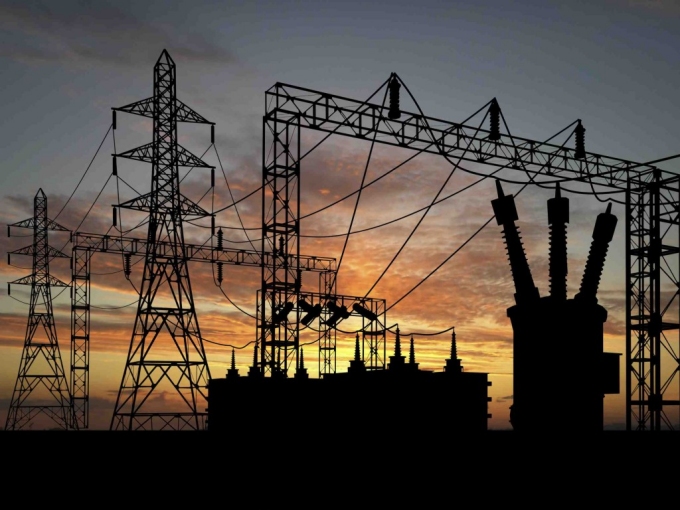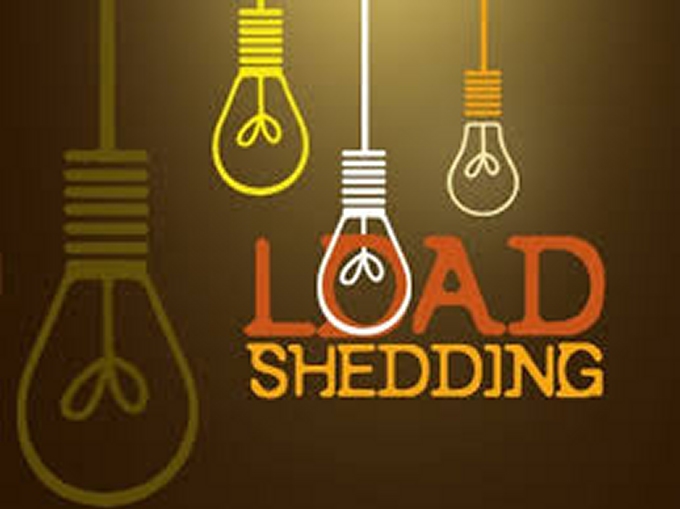Load Shedding - This is Africa
/We've been introduced to a new concept while here in Durban … load shedding. We've experienced brown-outs before, but this is quite a bit different. According to Eskom, South Africa's Electricity Supply Commission. “Load shedding is a measure of last resort to prevent the collapse of the power system country-wide. Scheduled load shedding is controlled by way of sharing the available electricity among all its customers. ” Sounds serious … and it is.

They explain the load-shedding process and the need for it in many complicated ways, but it comes down to not enough electricity to support the demand. Each day, each part of Durban in some unknown sequence (and all other South African cities and towns) loses its power for somewhere between 2-4 hours. Though there's a schedule, it's only a “suggestion” of when the power might actually go out. If the demand is particularly heavy, this might happen twice a day or even three times. Can you imagine the economic losses, inconvenience and major hassle this causes? Traffic lights are out. Gas pumps don't pump. Businesses without generators must shut down even though they still need to pay their employees. No computers and usually no internet. At home, no lights, no A/C, no fridge, no TV … the list goes on.
The ANC secretary general Gwede Mantashe recently said “South Africa’s power woes were a “positive challenge” and argued that capacity is overloaded because of economic growth and increased access and demand. (ANC is the African National Congress, South Africa's majority political party.) South African President Jacob Zuma blames the problem on bad planning during apartheid. Apartheid ended in 1994. Others have stated that there's been lots of opportunity to correct problems, but steps haven't been taken to do so. General ongoing maintenance, upgrades and the building of new, more efficient power stations have been ignored over the years and now they're paying the price. In other words, lots of finger pointing and no positive solutions. There seems to be no end in sight for the problem or load-shedding. Eskom, by the way, is wholly owned by the South African government.
We were chatting with some women in the marina office recently. Not only do they get behind at work without their computers, but when they get home at night, they can't prepare dinner if the electricity is off. There's no relaxing in the evening watching TV or listening to music. And this happens every single day at different times throughout the day … usually without warning.
So, how does this affect us directly? On the boat, we generate our own power, so no worries except we lose internet since we rely on the yacht club's server for access. We've been in supermarkets when the power went off and it took a few minutes or so for the generators to kick in … no lights during that time and then the cash registers needed to be rebooted. We've tried crossing busy Durban streets without aid of pedestrian crossing lights and nearly gotten killed. We've been in restaurants when all the lights went out and our meals were delayed by two hours. The worst? Being in the shower in the clubhouse when all the lights go out. Trying to get out of shower, dry off, find your clothes and get dressed in total darkness in an unfamiliar setting is a challenge, to say the least. The positive side of that scenario … they usually light candles in the ladies' room and I definitely look better by candlelight.




